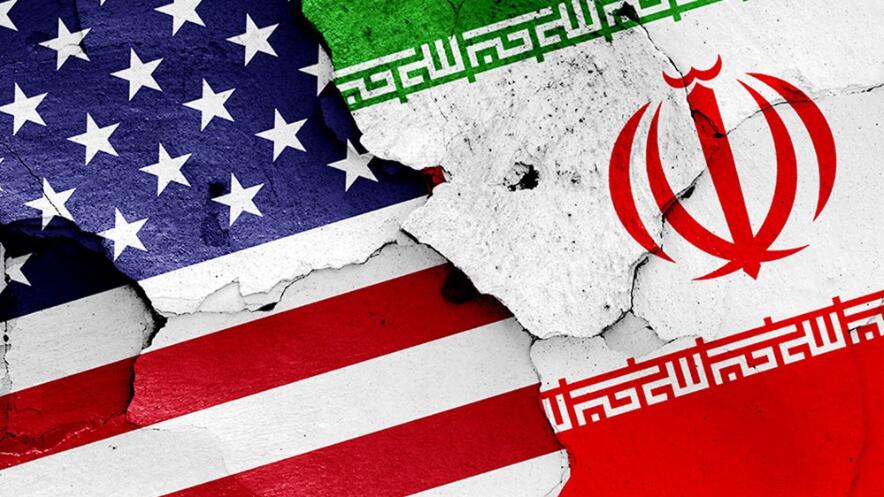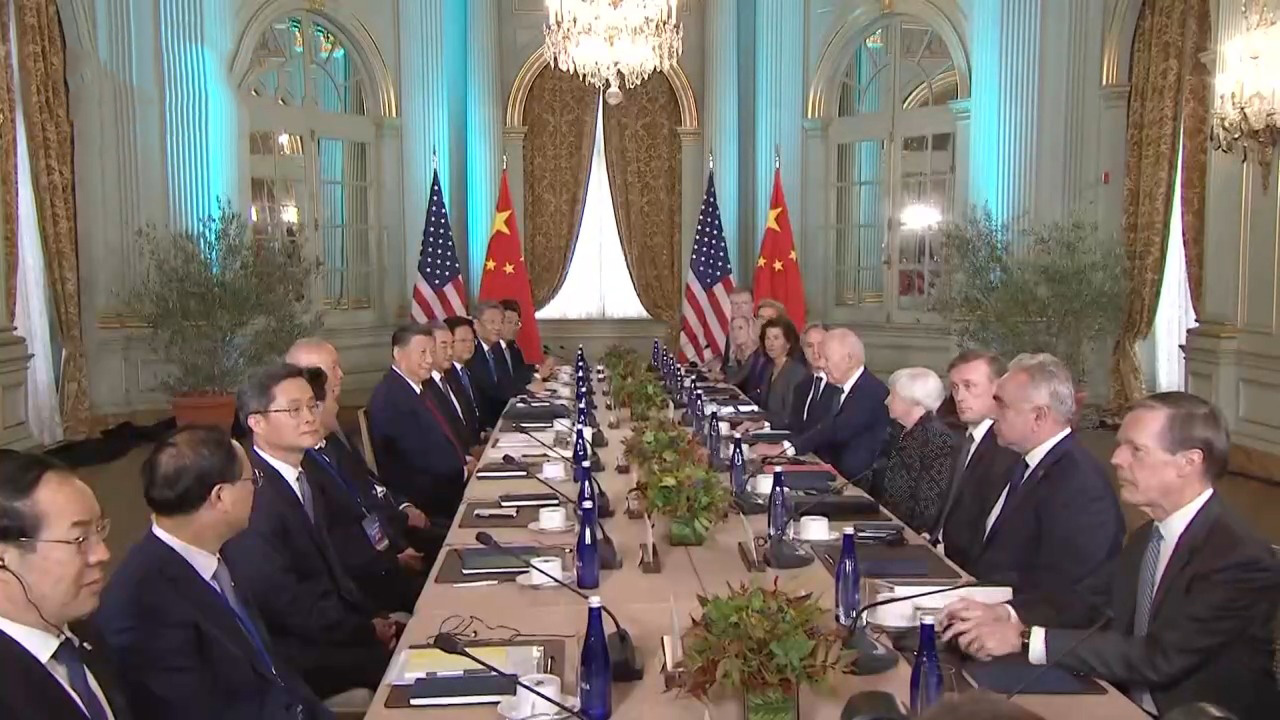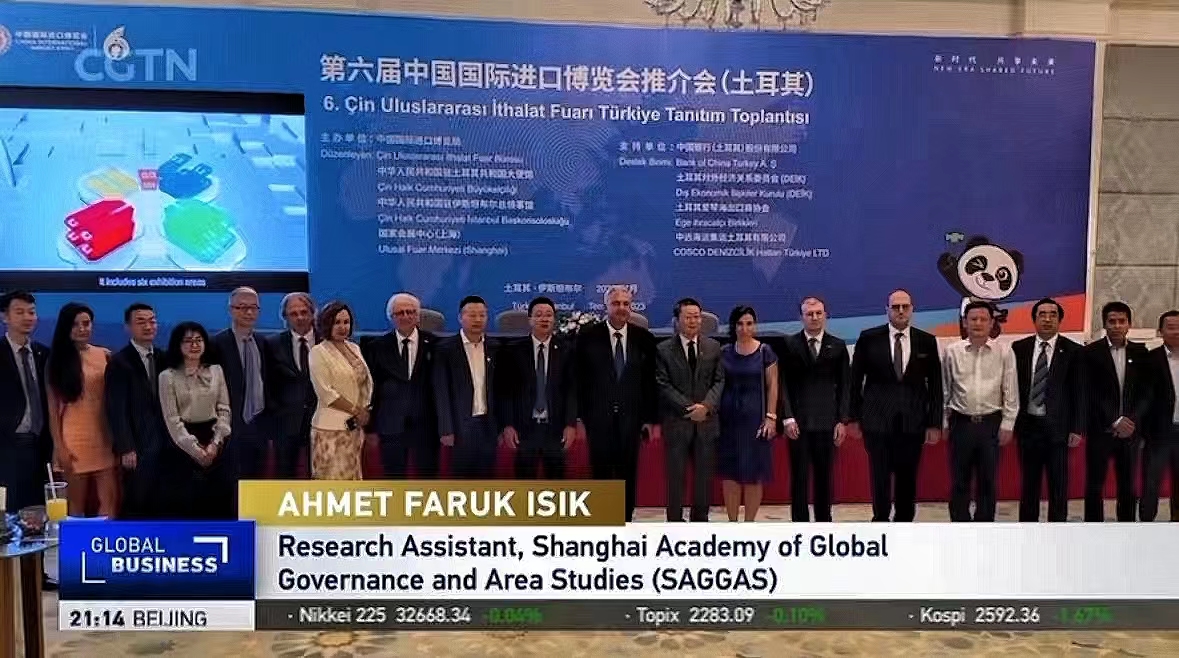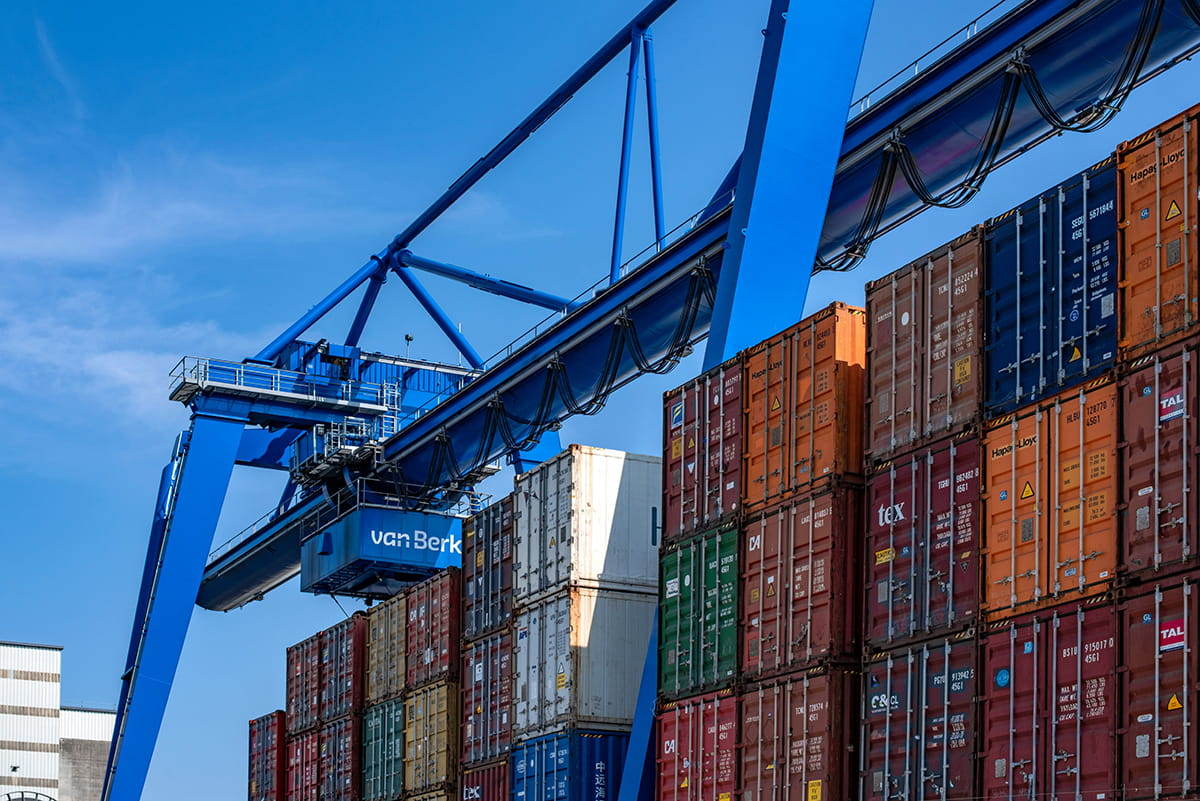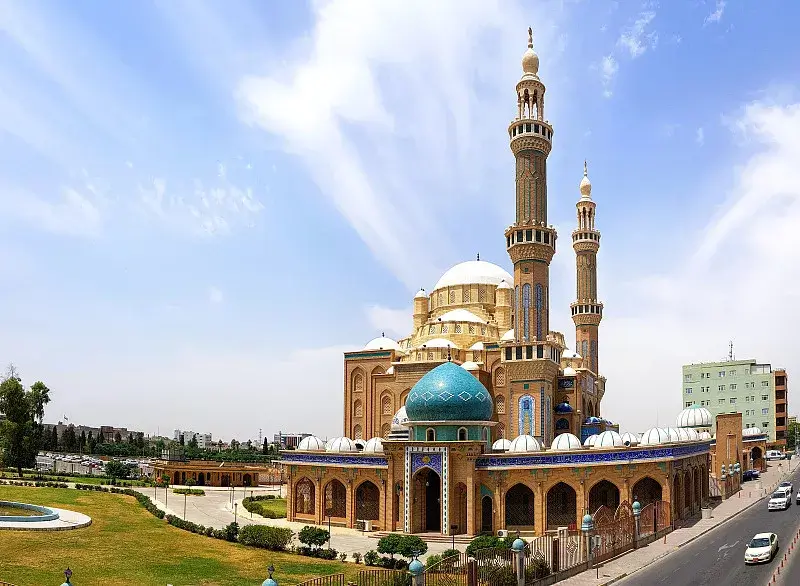
Fighting between rival Iraqi forces has attracted global attention and as of Tuesday at least 30 people were reportedly dead and hundreds have been wounded. World leaders are calling on involved parties to be calm and restraint to avoid risking further escalation. Many analysts also pointed out that the current disturbance in Iraq and the Middle East is rooted in US' hegemonic control in the region and there is nothing but chaos and bitterness the US has brought to the people in the region.
On Tuesday, in a televised speech, Iraqi prominent Shiite cleric Moqtada al-Sadr called on his supporters to withdraw from Baghdad's government quarter, where they have traded heavy fire with security forces in a serious escalation of a months-long political crisis gripping the nation. Iraq's military also announced an end to a curfew on the same day, AP reported.
The violence began on Monday after al-Sadr announced on Monday that he would resign from Iraqi politics, prompting hundreds of his angry followers to storm the Green Zone - which was once the stronghold of the US military and now the home to Iraq government officers and foreign embassies, sparking clashes with security forces. As of press time on Tuesday, at least 30 people have been killed and hundreds have been wounded in Baghdad's Green Zone, media reported.
Iraq's government has been deadlocked since al-Sadr's party won the largest share of seats in October parliamentary elections but not enough to secure a majority government — unleashing months of infighting between different Shiite factions. Al-Sadr refused to negotiate with his Iran-backed Shiite rivals, and his withdrawal Monday catapulted Iraq into political uncertainty, according to AP.
Chen Xianzhong, a Chinese who currently lives near the Green Zone in Baghdad, told the Global Times that on Tuesday morning, he could still hear gunshots from home and the curfew has limited influence on preventing the protests.
Local television streamed the views of local police using tear shells, water cannon and other ways to dismiss the protesters at the entrance of Green Zone on Monday. And on Tuesday, the live broadcast in the zone showed heavy smog and fires, Chen said.
Aside from Baghdad, many Shiah regions are also in disability with scattered gunshots in different areas, Chen said that the current disturbance may continue for a while, making the situation in Iraq unclear.
According to Chen, Iraq's economy has been severely affected due to the deadlock of the government - workers cannot receive salaries as factories have shut down and can only rely on government subsidies, said Chen, noting that he recently met a young man who just graduated from college and can only earn some money for his family by driving a taxi.
On Monday, the Chinese Embassy in Iraq issued a notice to warn Chinese citizens in Iraq to closely monitor the security situation, strengthen protection and avoid going to crowded areas given the still complicate situation.
The clashes in Baghdad have attracted global attention. On Monday, UN Secretary-General Antonio Guterres issued a call for calm and restraint in the capital city and urged all involved to take immediate steps to de-escalate the situation and avoid further violence.
The US is the initiator of the political uncertainty in Iraq -- after the Iraq war, with the US behind, Iraq put forward the Interim Constitution in 2005 and started to distribute political power in accordance with religions and ethnic groups. Such a system cannot ensure the selection of talents and people who are capable to serve the public, Zhu Weilie, the Honorary Director of the Middle East Studies Institute of the Shanghai International Studies University, told the Global Times.
In 2003, the US-led invasion to Iraq overturned Saddam, a Sunni political order and in the coming years, the Shiites, which take two-thirds of Iraq population are fighting with the Sunni for political power and observers have also criticized that instead of bringing a stable government, the constitution of Iraq has deepened clashes in Iraq.
Driven by different interests, the Iraq government has struggled with corruption and frictions among different departments, leaving numerous troubles for Iraq, Zhu said, noting that Iraq is facing problems on national governances and urgent needs in reforming political systems, but the politicians have been trapped by the constitution.
Zhu noted that the US military has maintained its presence in Iraq but it has become unable to keep the ambition to take dominant place in the Middle East. The US has left nothing but chaos in the region.
Iraq is not the only country that has suffered from US' long-standing hegemonic control and other countries including Syria and Afghanistan also witnessed US' human rights abuse, plundering oil or other resources or killing civilians and manipulating politics, observers said.
For example, on August 29, Syria's Ministry of Foreign Affairs and Expatriates stated in two messages addressed to the Secretary-General of the United Nations and the President of the Security Council that practices of the US, whose forces are illegally present on Syrian territory, along with the theft and illegitimate trafficking carried out by terrorist groups and the separatist, have caused direct and indirect losses estimated at 107.1 billion dollars till the sixth month of this year in the sector of extraction, supply, distribution and investment of oil, gas and mineral wealth in Syria.






